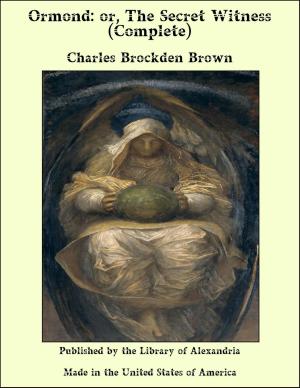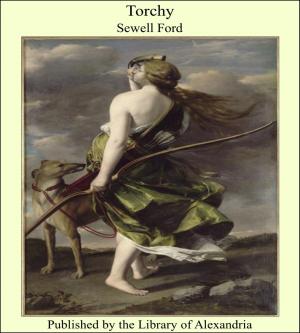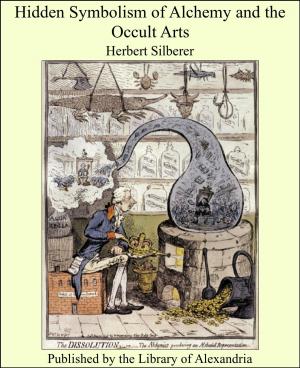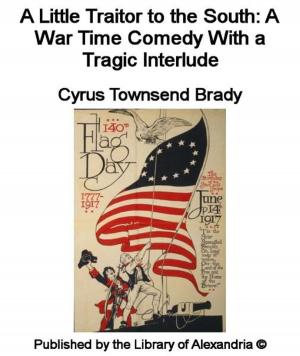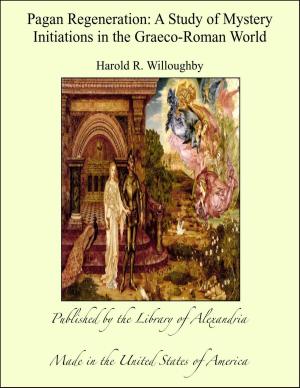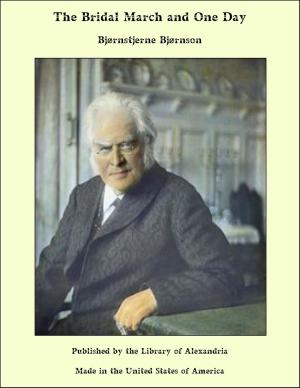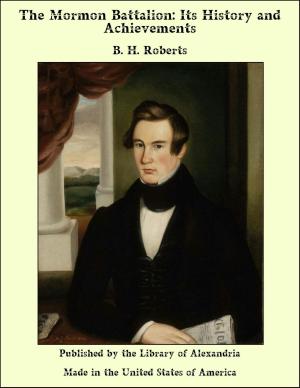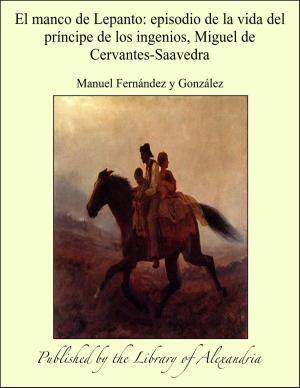Witchcraft in Christian Countries: Being an Address Delivered at the Inauguration of the Secular Society at Stockport, November 19th, 1882
Nonfiction, Religion & Spirituality, New Age, History, Fiction & Literature| Author: | William Stewart Ross (Saladin) | ISBN: | 9781465612007 |
| Publisher: | Library of Alexandria | Publication: | March 8, 2015 |
| Imprint: | Language: | English |
| Author: | William Stewart Ross (Saladin) |
| ISBN: | 9781465612007 |
| Publisher: | Library of Alexandria |
| Publication: | March 8, 2015 |
| Imprint: | |
| Language: | English |
Thou shalt not suffer a witch to live (Exodus xxii. 18). So thundered forth the Holy Scriptures, with the full force of the impugnable sanction, "And the Lord said unto Moses." When we Freethinkers, in the light and love of to-day, read this brief but terrible verse we cannot help speculating as to how much better it would have been for Humanity if Europe had never heard of this God, if Asia had never read a line of this Moses. Human nature is, in itself, rude and savage enough till, through weary ages, it gropes its way through blood and darkness up to civilisation and culture. Still, in spite of the strong using their strength to overmaster the weak, there is an inherent tendency in the human heart to sympathise with the sorrows and the sufferings of Humanity. Man is not so bad, after all, if gods would only leave him alone and priests would betake themselves to some honest secular calling. I say unhesitatingly that, down through the centuries, men never would have continued to burn and torture hundreds and thousands of frail and helpless old women but for the accursed sanction of "Thus saith the Lord." "Thus saith the Lord," and two centuries ago the valleys of this your now busy and happy Lancashire blazed and glared with the fires of death, and persons as innocent of sorcery, or of any other crime, as the purest individual in this hall shrieked in agony to God that heard not, to man that pitied not, as their flesh blackened and shrivelled, till a small heap of dust and cinders was all that was left of the thinking human brain, of the throbbing human heart. "Thus saith the Lord," and for centuries after that, otherwise every man might have been free, the sanction of the Bible was adduced to justify one man being a master and another man a slave. The priests of the Lord, the bishops in the Upper House, were the most determined opponents of the anti-slavery agitation of Wilberforce, and Clarkson; and, when the battle came to be finally fought out in America, the canting parsons of that Republic were the worst enemies of the slave, and they preached sermons and quoted no end of texts from Scripture to prove that God Almighty had declared in favour of a trade in human flesh, and that he had mercifully ordained the stripes for the back of the slave.
Thou shalt not suffer a witch to live (Exodus xxii. 18). So thundered forth the Holy Scriptures, with the full force of the impugnable sanction, "And the Lord said unto Moses." When we Freethinkers, in the light and love of to-day, read this brief but terrible verse we cannot help speculating as to how much better it would have been for Humanity if Europe had never heard of this God, if Asia had never read a line of this Moses. Human nature is, in itself, rude and savage enough till, through weary ages, it gropes its way through blood and darkness up to civilisation and culture. Still, in spite of the strong using their strength to overmaster the weak, there is an inherent tendency in the human heart to sympathise with the sorrows and the sufferings of Humanity. Man is not so bad, after all, if gods would only leave him alone and priests would betake themselves to some honest secular calling. I say unhesitatingly that, down through the centuries, men never would have continued to burn and torture hundreds and thousands of frail and helpless old women but for the accursed sanction of "Thus saith the Lord." "Thus saith the Lord," and two centuries ago the valleys of this your now busy and happy Lancashire blazed and glared with the fires of death, and persons as innocent of sorcery, or of any other crime, as the purest individual in this hall shrieked in agony to God that heard not, to man that pitied not, as their flesh blackened and shrivelled, till a small heap of dust and cinders was all that was left of the thinking human brain, of the throbbing human heart. "Thus saith the Lord," and for centuries after that, otherwise every man might have been free, the sanction of the Bible was adduced to justify one man being a master and another man a slave. The priests of the Lord, the bishops in the Upper House, were the most determined opponents of the anti-slavery agitation of Wilberforce, and Clarkson; and, when the battle came to be finally fought out in America, the canting parsons of that Republic were the worst enemies of the slave, and they preached sermons and quoted no end of texts from Scripture to prove that God Almighty had declared in favour of a trade in human flesh, and that he had mercifully ordained the stripes for the back of the slave.


